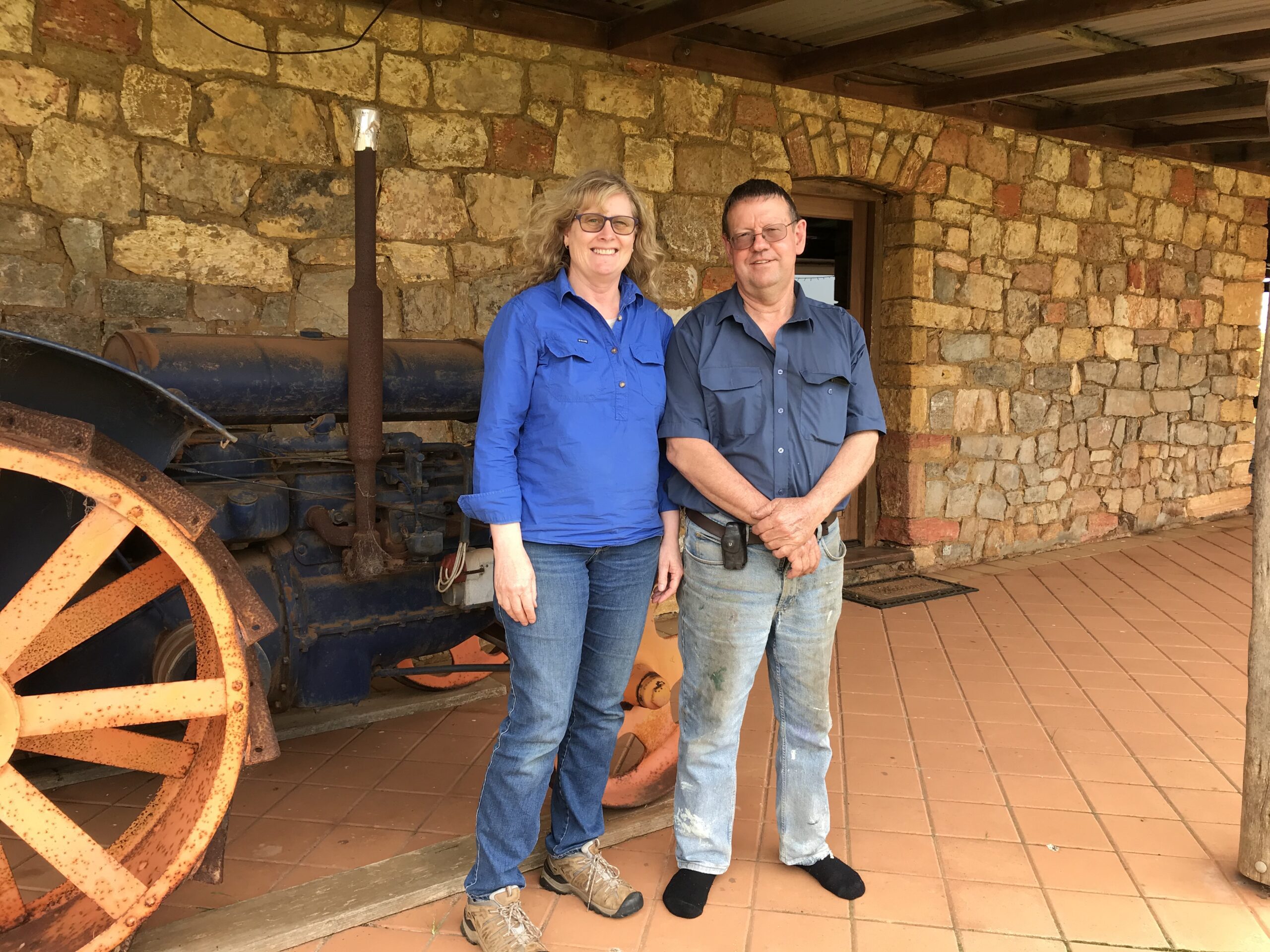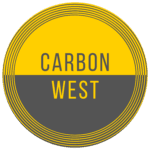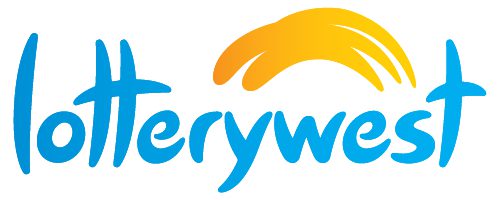CarbonCare™ Voices
Stakeholder Views on Carbon Farming
The CarbonCare™ Voices report summarises a year’s work looking to better understand the carbon market, particularly in Western Australia. It has found genuine interest in carbon farming and a desire for enhanced understanding from all stakeholder groups, including landholders, potential offset buyers, and investors.
A relevant and timely study, the report provides a snapshot of Western Australia’s carbon market development through the lens of landholders, carbon offset buyers, and agricultural industry stakeholders, with over 322 insights captured during the research.
Key Findings
- There is a high level of demand for information from all participant groups.
- Carbon footprint measurement levels are low across the carbon supply chain.
- ‘Carbon Influencers' are needed to normalise the perceptions of a 'carbon farmer' in the broader farming community.
- Participation in carbon farming is low amongst survey participants.
- Concerns about the future impact of climate change amongst Australian organisations is high.
- The research has indicated a likely increase in demand for carbon offsets in the future.

Perspectives
Mark and Heather Adams
Heather and Mark agree that the climate is changing. In fact, their son-in-law, Nathan, has recently entered and analysed the past 50 years of rainfall data. The evidence showed a declining trend — and Heather agrees that this is a challenge for farmers.
Heather is keen to do what they can on the farm to mitigate the effects and impacts of climate change, but she just wants support, from the Government and the agriculture industry, to ensure that carbon planting projects have the greatest possible chances of success. And for Heather, that means deep research into which native species, on which types of land, and with what kinds of maintenance, will result in a favourable result for everyone — including the grower’s bank balance.
For her, carbon planting isn’t something you do to feel good. A solid return on investment and assurance that it will be effective is what the Adams’s are looking for. After two challenging planting projects where involvement with third parties has been troublesome and the success of the plantings have been compromised (through no fault of their own), Heather subscribes to the old adage: Do it once, do it right.
Research Process
- Literature Review
- Desktop analysis and research
- Carbon market stakeholder surveys
- Agricultural industry stakeholder interviews
- Data analysis and report preparation
- Peer review
- Report finalisation
Key Recommendations
- Target investment into developing a standardised method of calculating the carbon footprint of farms and organisations.
- Adopt an accepted standard for natural capital accounting, with co-benefits accounted for within all carbon crediting mechanisms.
- Conduct further research to gauge consumer sentiment about carbon-neutral agricultural products.
- Establish a peer-to-peer carbon farming networking group.
- Establish a Carbon Farming Taskforce across all levels of government.
- Continue to develop partnerships with a broad range of stakeholder groups to disseminate information about the carbon farming industry, engage landholders, and attract additional funding streams.
- Direct funds towards establishing and promoting carbon farming demonstration sites.
- Investigate and integrate a social science approach to increasing carbon farming participation across WA.



